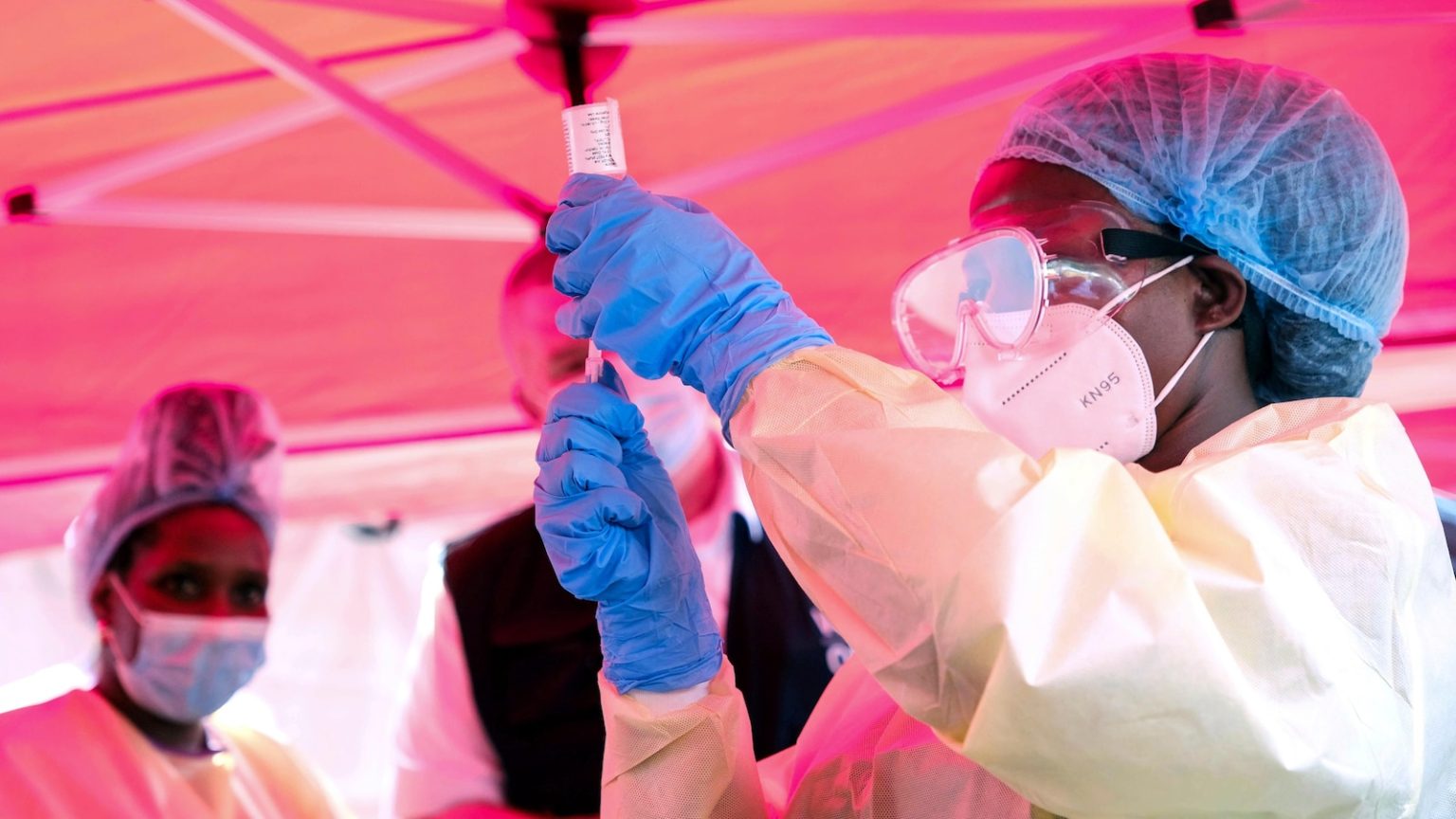Ebola Outbreak in Uganda: A Comprehensive Update
The Current Situation: Rising Cases and Ongoing Efforts
Uganda is grappling with a growing Ebola outbreak, as confirmed cases have risen to nine, with one fatality reported so far. The deceased, a male nurse, passed away just a day before the outbreak was officially declared on January 30. His death underscores the severity of the situation, even as health authorities emphasize that the outbreak is under control. Eight other patients are currently receiving medical care and are reported to be in stable condition. Seven of these individuals are being treated at Kampala’s main public hospital, while one patient is undergoing care in the eastern district of Mbale.
The Ugandan Health Ministry has confirmed that 265 people are under surveillance, having been identified as potential contacts of the infected individuals. This number highlights the importance of contact tracing in managing the spread of the virus. Kampala, with its highly mobile population of approximately four million, presents a unique challenge for health officials, who are working tirelessly to identify the source of the outbreak. The deceased nurse had initially sought treatment in Kampala before traveling to Mbale, where he was admitted to a public hospital. His movements and interactions are now under intense scrutiny to understand how the virus spread.
The Challenges of Containment: Understanding the Virus and Its Spread
Ebola, a viral hemorrhagic fever, is known for its rapid transmission through contact with the bodily fluids of an infected person or contaminated materials. Symptoms such as fever, vomiting, diarrhea, muscle pain, and in severe cases, internal and external bleeding, make early detection and isolation critical. The virus is also suspected to originate from infected animals, with the first human case often linked to contact with or consumption of raw meat from an infected animal.
In this outbreak, the strain in question is the Sudan strain of Ebola, for which no approved vaccine currently exists. This poses a significant challenge for health authorities, as vaccination is a cornerstone of Ebola control measures. However, Uganda has launched a clinical trial to test the safety and efficacy of an experimental vaccine. This trial is part of a broader strategy to curb the spread of the virus and protect vulnerable populations.
The nurse who died was not only the first fatality but also a healthcare worker, which raises concerns about the risks faced by medical personnel on the front lines. His family members are among those now undergoing treatment, a poignant reminder of how Ebola can devastate entire families and communities.
Contact Tracing: A Critical Tool in Outbreak Management
Contact tracing is a vital component of Ebola outbreak management. Health officials are working to identify and monitor all individuals who may have come into contact with the infected nurse or other confirmed cases. This process is labor-intensive but essential to preventing further spread. Each confirmed case can lead to a web of contacts, and in a densely populated urban environment like Kampala, the potential for rapid spread is significant.
The deceased nurse’s decision to seek treatment from a traditional healer adds another layer of complexity to the contact tracing efforts. Traditional healers, while trusted community figures, may not adhere to modern infection control practices, potentially exposing more people to the virus. Health authorities are now working to engage with traditional healers to ensure they understand the risks and can play a role in preventing further transmission.
Learning from Past Outbreaks: Uganda’s Experience with Ebola
Uganda has a history of successfully managing Ebola outbreaks, but each incident presents new challenges. The last major outbreak, which began in September 2022, claimed the lives of at least 55 people over four months. That outbreak highlighted the need for rapid response, community engagement, and robust health systems. Lessons learned from that experience are now being applied to the current situation, with health officials emphasizing the importance of early detection, isolation, and contact tracing.
However, the absence of an approved vaccine for the Sudan strain complicates efforts. During the 2022 outbreak, vaccines were available for the Zaire strain, which is different from the one currently affecting the country. This disparity underscores the need for continued research and development of vaccines and therapies to address the diverse strains of the Ebola virus.
Building Community Trust: The Key to Effective Outbreak Management
As Uganda battles this latest Ebola outbreak, building trust within affected communities remains a critical factor. Historically, misinformation and mistrust have hampered outbreak responses in other regions, leading to delayed reporting of cases and resistance to public health measures. To avoid such challenges, Ugandan health authorities are working closely with local leaders, traditional healers, and community organizations to disseminate accurate information and encourage cooperation.
Public awareness campaigns are also being intensified to educate people about the risks of Ebola and the steps they can take to protect themselves and their loved ones. This includes emphasizing the importance of seeking immediate medical attention for symptoms, avoiding contact with bodily fluids of sick individuals, and adhering to quarantine measures.
Moving Forward: Hope and Resilience in the Face of the Outbreak
Despite the challenges, there is cause for optimism. The rapid activation of Uganda’s emergency response systems and the launch of the vaccine trial demonstrate the country’s commitment to controlling the outbreak. The stable condition of the eight surviving patients is a testament to the dedication of healthcare workers and the effectiveness of supportive care in managing Ebola.
The international community is also playing a role, with global health organizations offering technical and logistical support to Uganda’s efforts. This collaborative approach is essential in addressing the global threat posed by infectious diseases like Ebola.
As the situation continues to evolve, the people of Uganda are showing remarkable resilience. Communities are coming together to support affected families, and healthcare workers are risking their lives to save others. These acts of courage and solidarity remind us of the strength and compassion that define the human spirit. While the road ahead is uncertain, Uganda’s response to this outbreak serves as a powerful reminder of the importance of preparedness, cooperation, and hope in the face of adversity.















